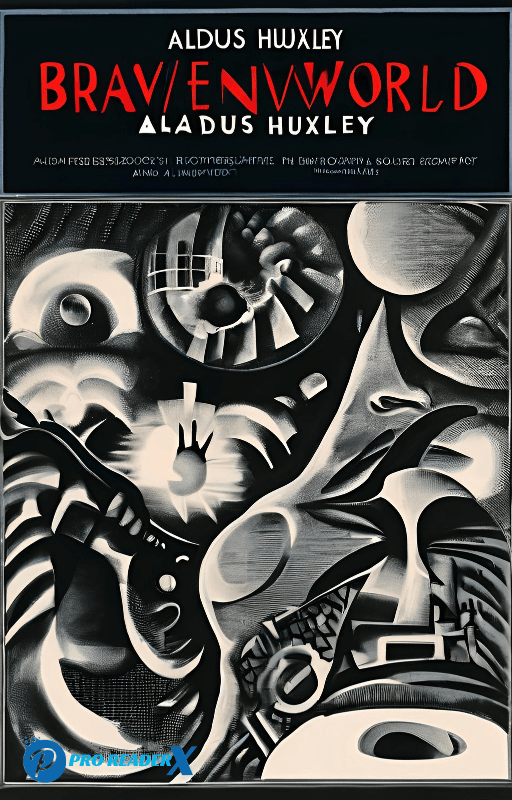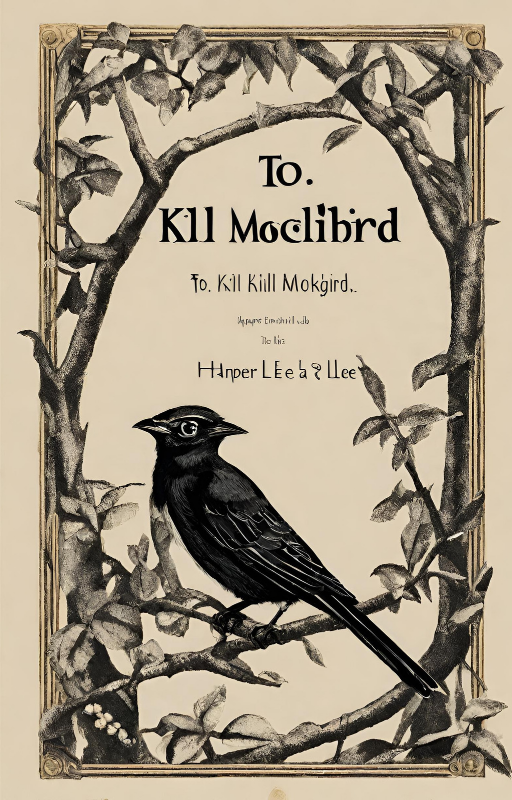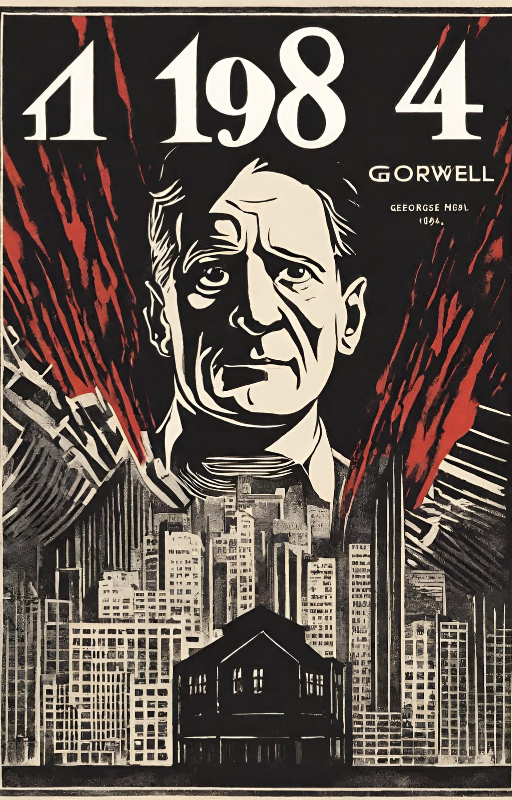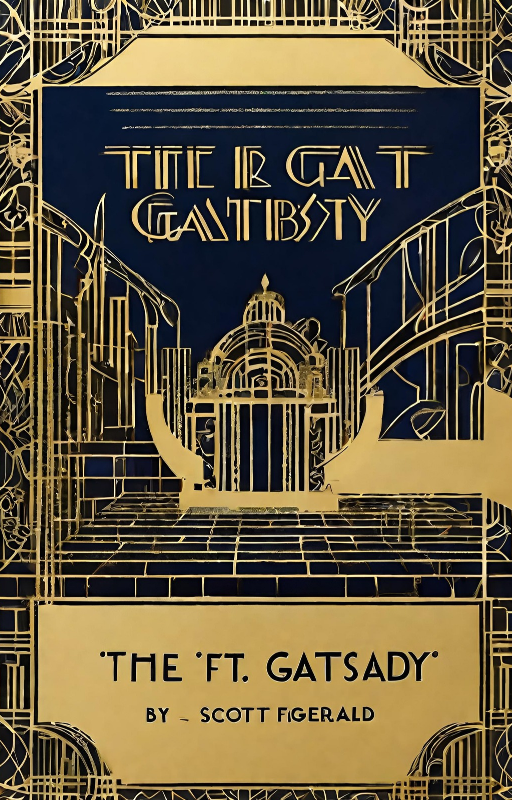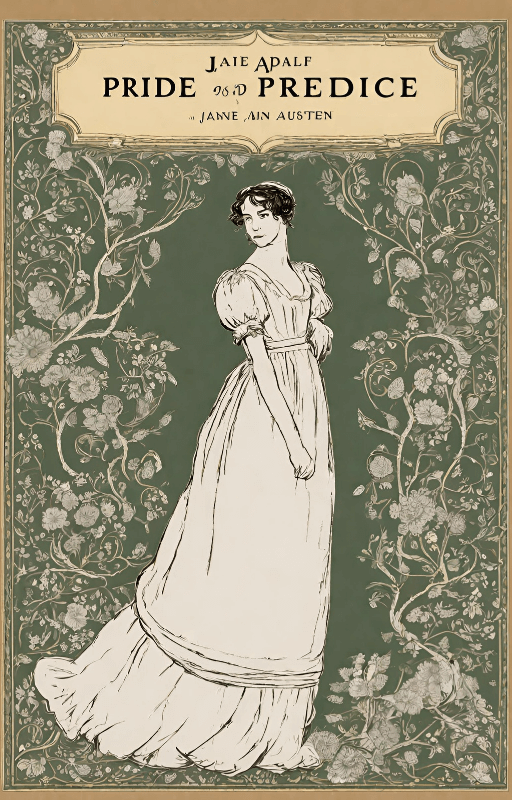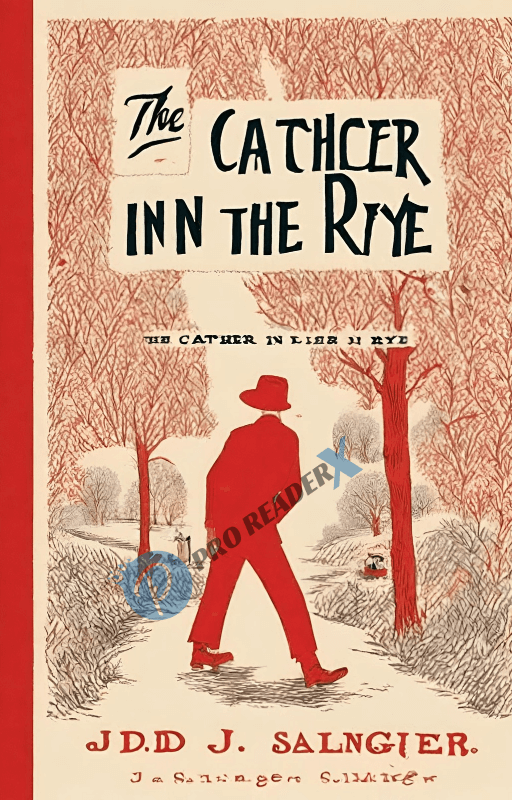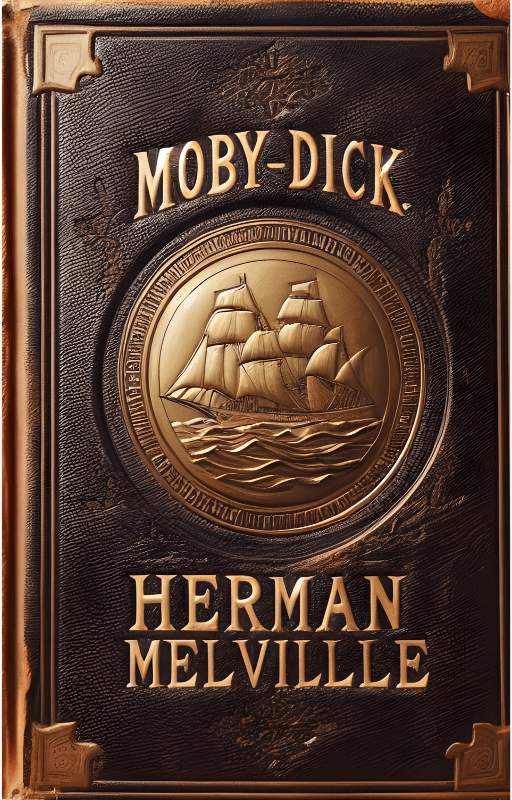Introduction
You have arrived in the future Aldous Huxley envisioned in his classic novel Brave New World. Let me welcome you. This article will explore the plot summary, ideas, characters, narrative, and enduring influence of this classic work on literature and society.
Overview of “Brave New World”
Background
While researching “Brave New World” in 1931, Aldous Huxley was beset by uncertainty about the state of the world economy and quick technological advances. According to his book, artificial intelligence and scientific advancements rule an ominous future society.
Setting
The novel is set in the dystopian year AF 632 (after Ford), when technology and conditioning split humanity into classes.
Main Characters
Bernard Marx
Despite the superficiality of life in the World State, Bernard Marx is a dissatisfied Alpha-Plus psychologist who struggles with his place in society and yearns for genuine human connection more than anything else.
Lenina Crowne
A worker at the Beta-Plus farm, Lenina Crowne represents the values of her community; up until she meets John the Savage, she embraces promiscuity and consumerism without thinking.
John the Savage
John, who grew up on a Native American reserve outside the United States, is the complete opposite of social norms and training. His entrance into civilization ignites strife and forces characters to face complex realities.
Plot Summary
World State Society
Stability and materialism are promoted in the world state via the engineering and conditioning of its inhabitants for specific functions. Still, this costs real feelings and personal self-determination.
Bernard’s Discontent
Bernard’s dissatisfaction with society drives him to seek out experiences outside the constraints of World State conventions, which leads to his discovery of John and his eventual revolt against the system.
Encounter with John
John’s debut in World State culture is tense because his values clash with the hedonism and superficiality of the new environment. His inability to fit in finally results in tragic consequences.
Themes and Analysis
Dystopian Society
“Brave New World” offers a terrifying picture of a society where happiness is produced rather than earned and uniqueness is given up for stability.
Technology and Control
In his stark warning of the perils of excessive technical progress, Huxley shows how people may be manipulated and governed by it.
Individuality vs. Conformity
The novel’s central conflict is between uniqueness and conformity, as people struggle with the consequences of giving up their own freedom to maintain social peace.
Reception and Legacy
Criticisms
Although its prophetic social commentary has won a lot of attention, “Brave New World” has drawn criticism for how it depicts gender roles and for its bleak assessment of human nature.
Influence
Huxley’s book has had a profound influence on popular culture and literature, serving as an inspiration for several works that tackle related themes of dystopia, technology, and social control.
Conclusion
With its thought-provoking futuristic vision that makes us consider the real meaning of happiness and the cost of advancement, “Brave New World” never fails to enthral readers. Its teachings are still applicable today as we navigate a world that is becoming more complicated.
FAQs
Q1. Can young adult readers like “Brave New World”?
Absolutely. Though it tackles complex subjects, the book is entertaining for adults and teens because of its thought-provoking story and interesting characters.
Q2. In what ways is “Brave New World” a dystopian book?
The dystopian society in the book is typified by technological manipulation, repressive control, and the stifling of individuality genre characteristics.
Q3. How does “Brave New World” stand up to other dystopian works like “1984” or “Fahrenheit 451”?
Though every dystopian story presents an alternative point of view, “Brave New World” is notable for emphasizing the deterioration of individual freedom and social conformity.
Q4. Concerning “Brave New World,” what part does technology play?
The World State uses technology to control everything from psychological conditioning to genetic manipulation, highlighting the potential risks of unbridled advancement in science.
Q5. What makes “Brave New World” a classic?
Huxley’s book is a classic because of its ageless ideas, rich world-building, and continuing relevance in an ever-evolving society.
